Eleven Federal agencies sponsor a grant program called Small Business Innovation Research grants (SBIR) that encourage innovation-led startup and second stage companies to apply for grants to advance research with commercial potential. Along with its sister program, Small Business Technology Transfer (STTR), these programs have long been known as “America’s seed fund.” They are non-dilutive for the companies that apply, meaning that they don’t have to give up an equity stake in the company for the award.
These long-standing programs have served as bellwethers to measure innovation and commercialization activity between different communities. Some states have put incentives in place to increase the number of SBIR awards in their communities, further validating their importance.
How does our area rank when it comes to SBIR grants?
In short, not so well. In fact, in the last five years (2017-2021), Fort Worth companies were awarded 14 SBIR grants and Tarrant County awarded only 35 total. You can see how our area did compared to other Texas cities in the chart below on the left.
Because these grants are all awarded by the Federal government agencies, we have clear visibility into how much local companies were awarded from these non-dilutive research grants over the same time period. Not surprisingly, Fort Worth and Tarrant County did not compare well against other large Texas cities, see chart below on the right.
SBIR grants are awarded in two phases. Phase I awards tend to be smaller amounts of money that are more focused on proving a concept or testing out a potential new area of research. Phase II awards are much larger and are intended to help small businesses take the next step, like developing a manufacturing process or conducting a clinical trial.
Over the same period (2017-2021), we can also tell which agencies awarded grants to companies in our area, as seen in the chart below.
Perhaps it is not surprising that the Department of Defense (DOD) awarded the most SBIR grants to companies in our area due to our presence of large defense contractors like Bell, Lockheed Martin and Elbit Systems. But that pales in comparison to other cities like Austin with 359 SBIR awards from DOD in the time period studied.
And though Fort Worth holds itself up as a hub for biotech and life science innovation and research, there were only three SBIRs awarded from the US Department of Health and Human Services (HHS) which includes the National Institutes of Health (NIH) during that five-year stretch. For reference, Houston was awarded 93 from HHS and Austin was awarded 70.
The data gets even worse when you break it out by minority business owners and women-owned businesses.
What can be done about this?
This data does not bode well for the future of an innovation-led economy in Fort Worth and Tarrant County. But, here are a few suggestions that might help improve these numbers in the next five years.
1. Get the word out.
Many companies, especially those that are early-stage, are so busy building their businesses and solving the problems of the day, that they don’t take the time to look for resources around them. A broader educational effort to tell companies about these non-dilutive grant programs could go a long way toward creating local awareness. Colleges and universities are often measured on metrics like this, so partnering with them to help an overall economic development strategy could unlock some of these federal dollars for local companies.
2. Flood the pipeline.
More applications mean more opportunities to win. We need to work with our local companies and research institutions to put more applications in the pipeline and increase our chances of winning these grants. Applying for a Federal grant sounds cumbersome, difficult and time consuming for most business owners and so a little guidance to push applications across the finish line could go a long way to increasing our application rate.
3. Incentivize SBIR applications.
Twenty-two states offer some sort of matching incentives for companies who win SBIR grants. Texas is not one of them. West Virginia offers up to $100K for Phase I grants and up to $200K for Phase II awardees. Arkansas offers incentives of up to 50 percent matching for SBIR wins.
4. Institute a Phase 0 incentive.
Several states offer incentives just for applying, in what the government calls a “Phase 0” program. Many states offer professional services to help companies apply and some even award cold hard cash just for applying! If we want more applications, then one way to get there is to incentivize the behavior you want to see.
5. Focus on women and minority owned businesses.
It’s a fact that business owners of these stripes have a harder time raising capital than their white male counterparts. An intentional effort must be required to seek out their businesses and encourage them to apply for SBIR grants.
Fort Worth and Tarrant County is a great place to start a business, raise a family and grow wealth. But this kind of funding is drastically underutilized relative to other Texas regions. SBIR grants can be powerful tools for stimulating innovation and growing small businesses, but if we want to create the economy of the future in our area, we must do a better job of accessing this government program to bring innovation to life.
This post was a collaboration between Dr. Robert McClain, Assc. VP, Research & Commercial • HSC Next and Cameron Cushman, Asst. VP, Innovation Ecosystems • HSC Next.
About the Authors
Robert McClain, PhD, is the Associate Vice President of HSC Next at The University of North Texas Health Science Center at Fort Worth (HSC). Under Dr. McClain’s leadership, the HSC Next Team is engaging with student innovators, managing the HSC intellectual property portfolio, incubating startup companies, and building a stronger Fort Worth community for entrepreneurs. Dr. McClain has spent approximately half of his career in industry roles and is an accomplished inventor. He is an inventor on 33 patents granted by countries around the world. At Nalco Chemical, he was twice recognized as Researcher of the Year and is in the corporation’s Inventor Hall of Fame. He has also served on the board of a number of regional economic development partners throughout the Dallas/Fort Worth area. An Adjunct Assistant Professor at HSC, Dr. McClain designed and led the first course on innovation and entrepreneurship at HSC in 2019. He is currently collaborating with the HSC School of Pharmacy on program to place Pharmacy students in internships at regional life science companies for academic course credits. He earned his bachelor’s degree in chemistry from Abilene Christian University and doctorate from the University of North Carolina at Chapel Hill. He and his wife live in Keller, TX.
Cameron Cushman is a Fort Worth native who spent the last decade building entrepreneurial communities. He currently serves as the Assistant Vice President of Innovation Ecosystems at the University of North Texas Health Science Center at Fort Worth, where he is working to connect the startup community. He began his career in the George W. Bush Administration in Washington, DC, and served there for six years before he moved to Kansas City where he worked at the Ewing Marion Kauffman Foundation. While at The Kauffman Foundation, he led several initiatives to help build entrepreneurial communities including the co-founding of 1 Million Cups, a weekly educational event for entrepreneurs that is now in over 150 cities and 30 countries. He has also worked in the private sector as the Vice President of Sales and Marketing at PhysAssist Scribes, a medical services company. He attended Texas A&M where he earned a degree in Political Science and now lives in Fort Worth with his wife and three sons.

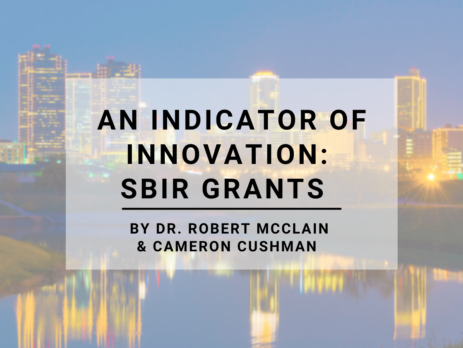
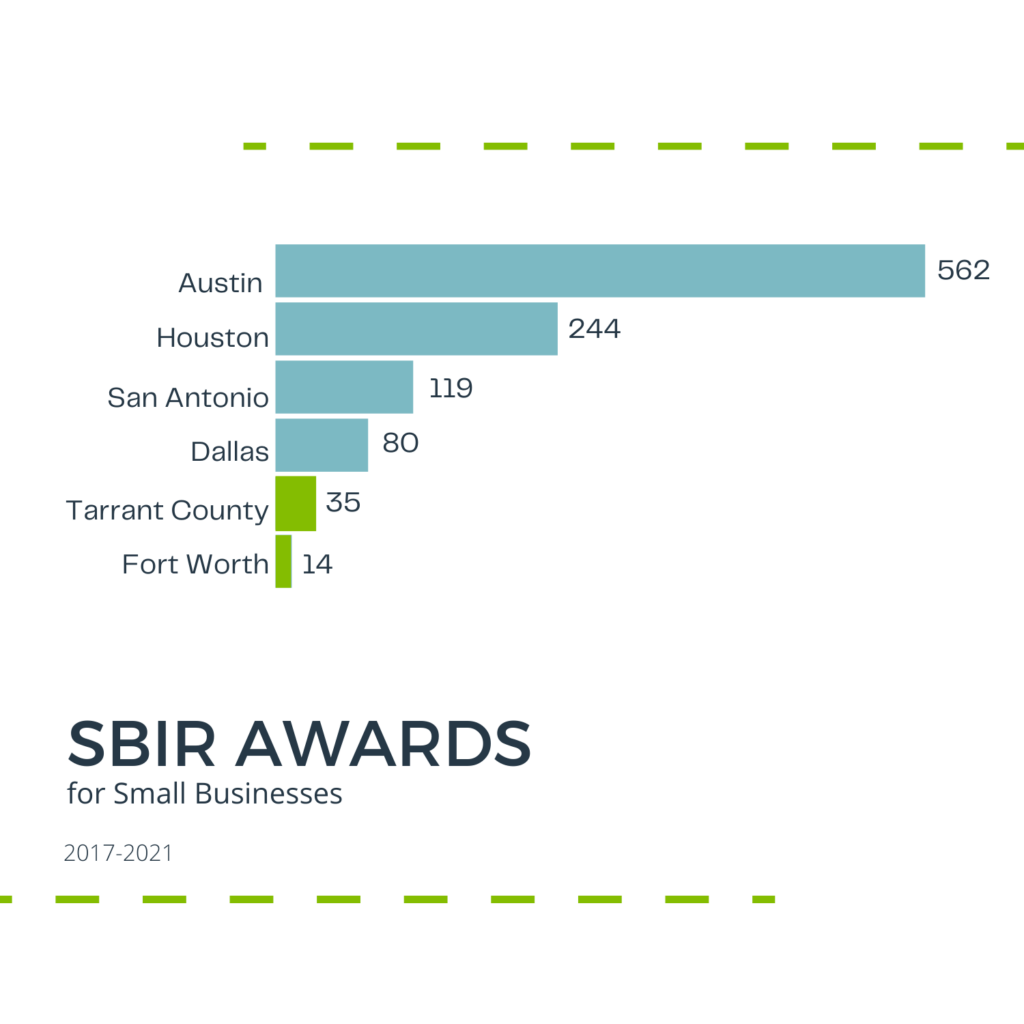

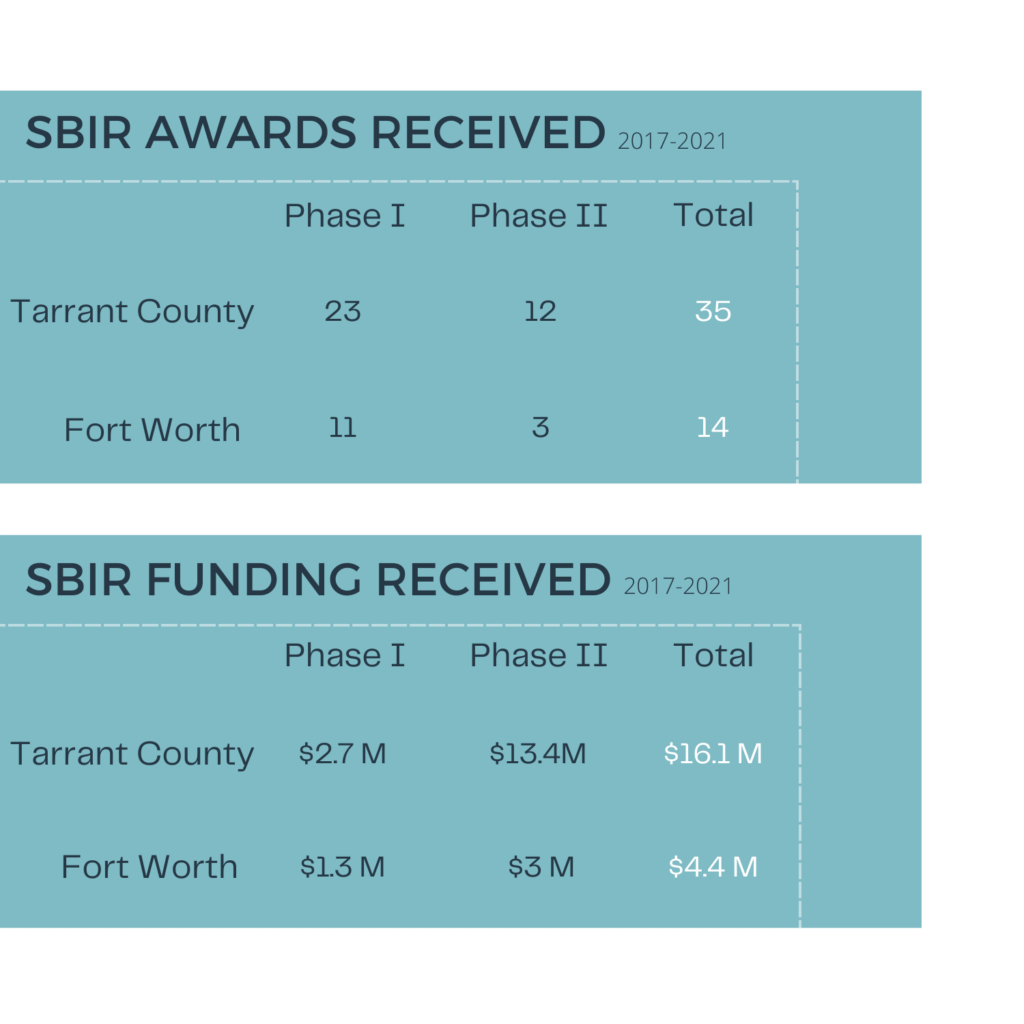
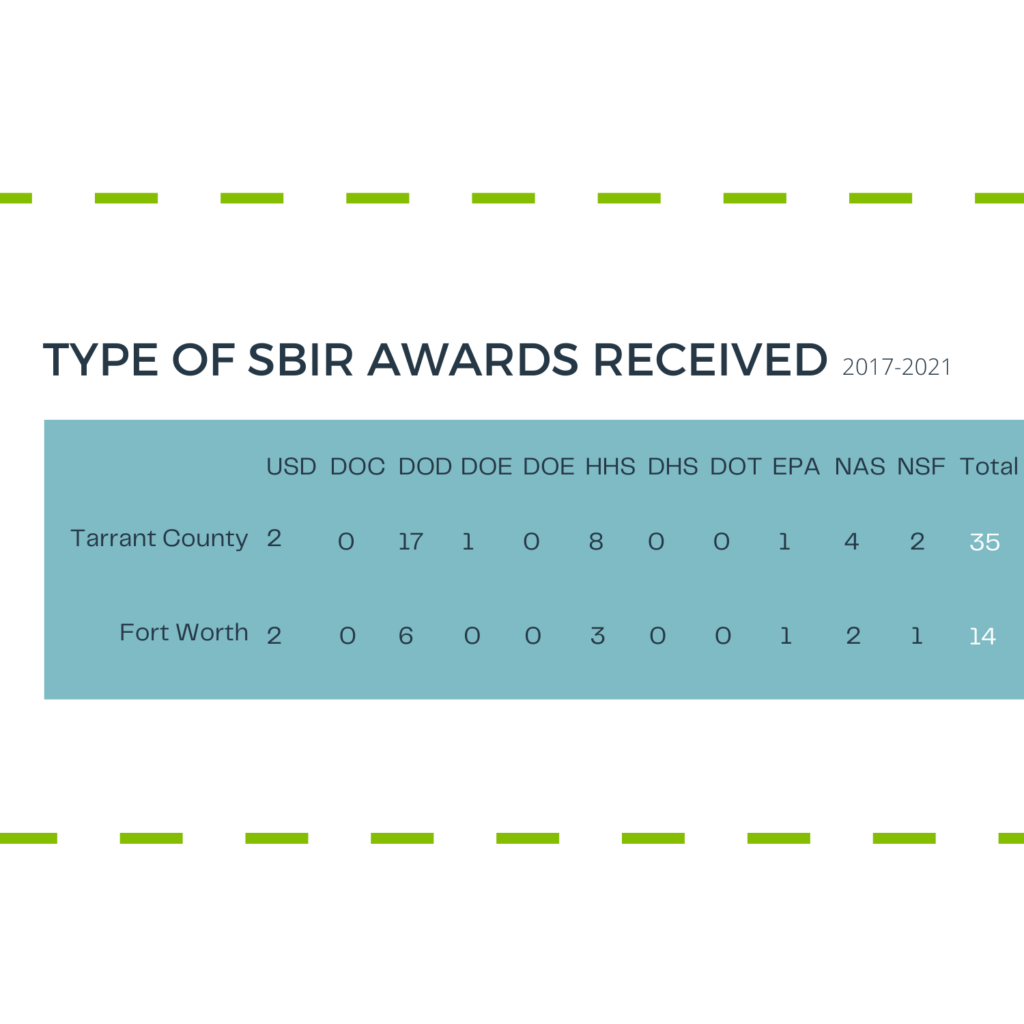
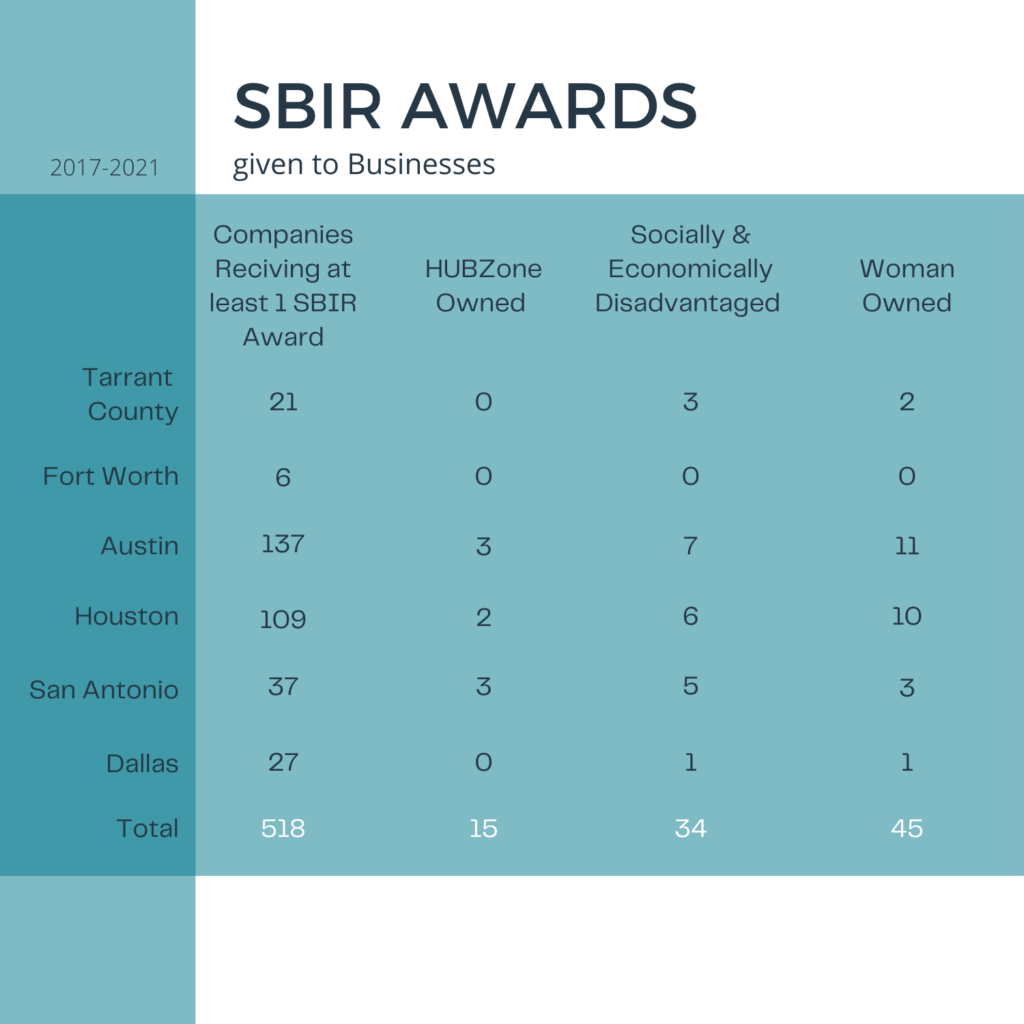


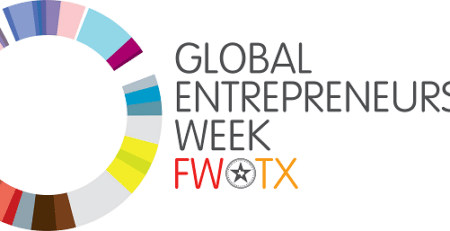

Leave a Reply